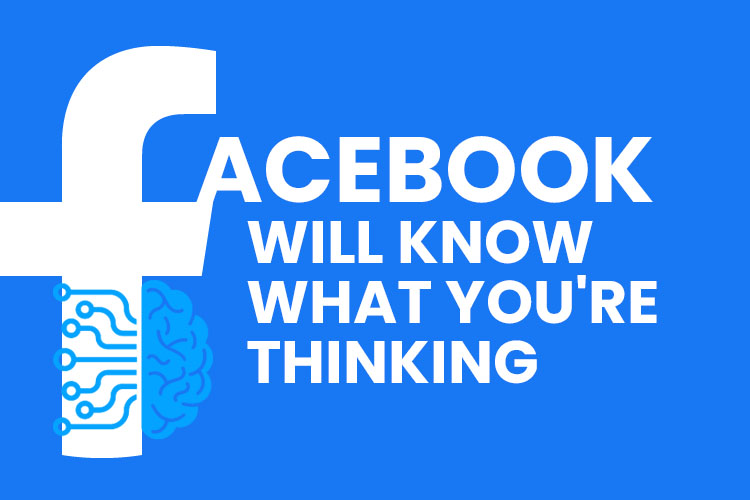Mark Zuckerberg, Facebook’s chief executive officer, has long aspired for a system that would unlock Facebook to millions of new members.
Facebook, reportedly is working on research that could restore communication to millions of patients who can not speak after an illness, stroke or spinal cord injury. If implemented, this could be huge for everybody and allow Facebook to extend its services to the uncapped market worldwide.
Initially, this idea of a device faced plenty of skepticism when it was announced on April 2017 at F8, the Facebook developer conference. According to IEEE Spectrum, a popular engineering magazine, it was reported that neuroscientists were not sure where exactly the speech lived in the human brain, when they heard of this research.
If correctly executed and made available for everyone, The data could also be lucrative for Facebook.
Although Facebook is a social media company because it derives most of its current revenue from its social platform through advertisements, the company has many in-house engineers who work with every major scientific field that presents challenges but the company aims to untie the knot every challenge presents, possibly convert it into an opportunity.
Facebook Reality Labs, an advanced research section, started working with researchers at the University of California, San Francisco in 2017 to prove a thesis that was originally presented by Mark Chevillet, an FRL research director.
Chevillet is a neuroscientist and veteran of Johns Hopkins University Applied Physics Laboratory. He has always aspired for brain-computer interfaces all of his adult life, reported by Facebook’s Tech blog post.
The aim is to build a non-invasive device capable of decoding speech in real-time, at a rate of 100 words per minute. If properly executed, this device could help people with paralysis expressing what are they thinking in their mind.
The article originally appeared on the Forbes website




